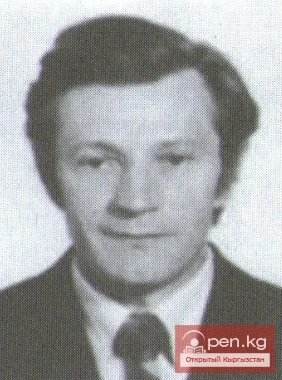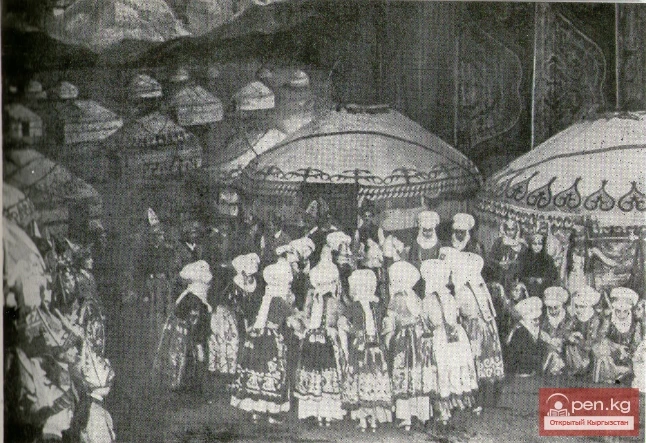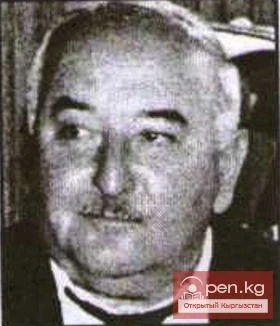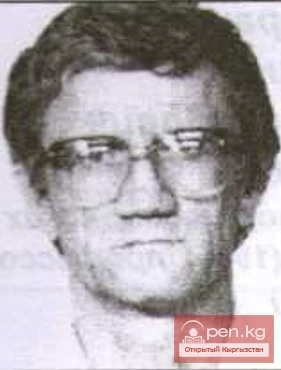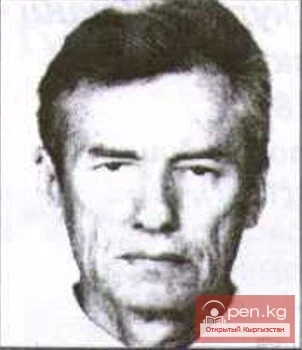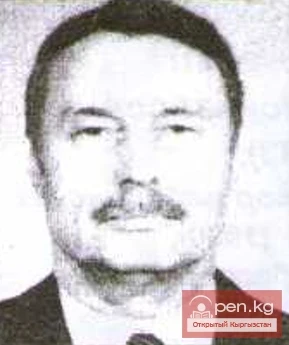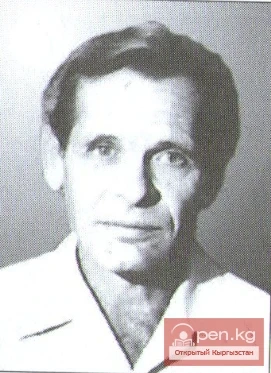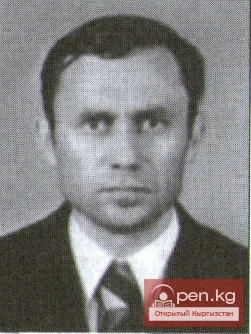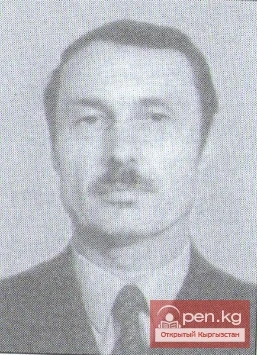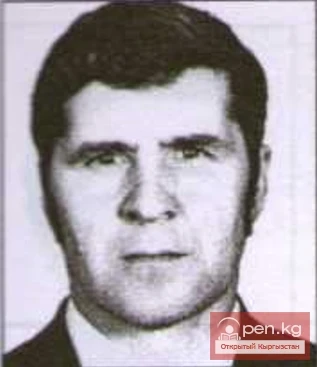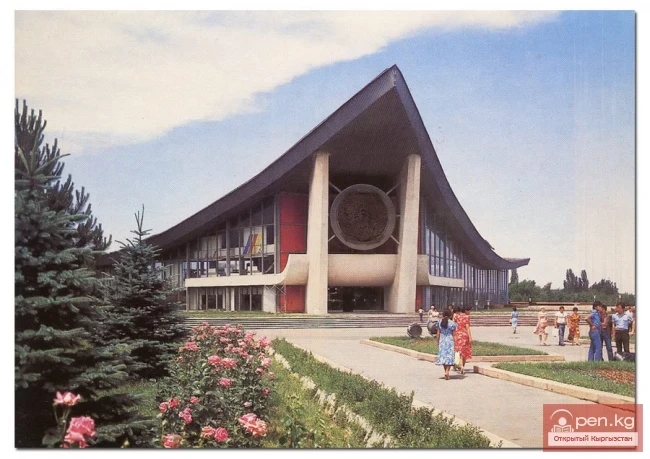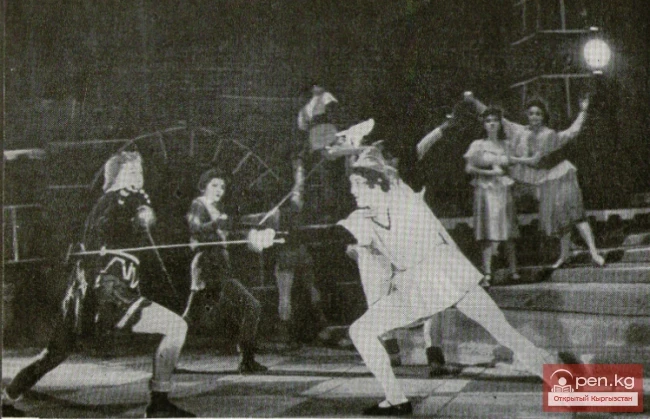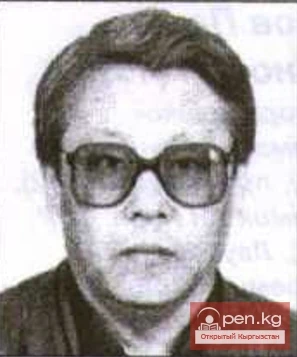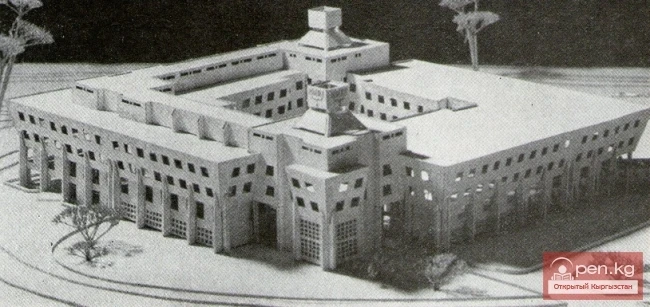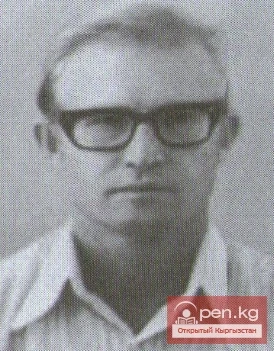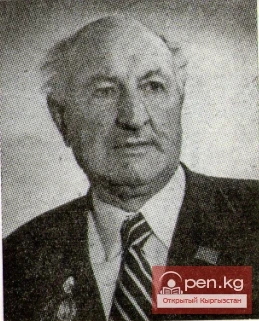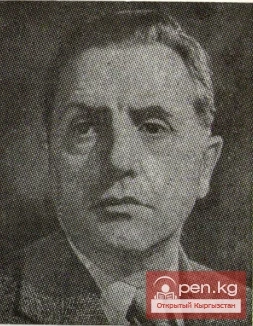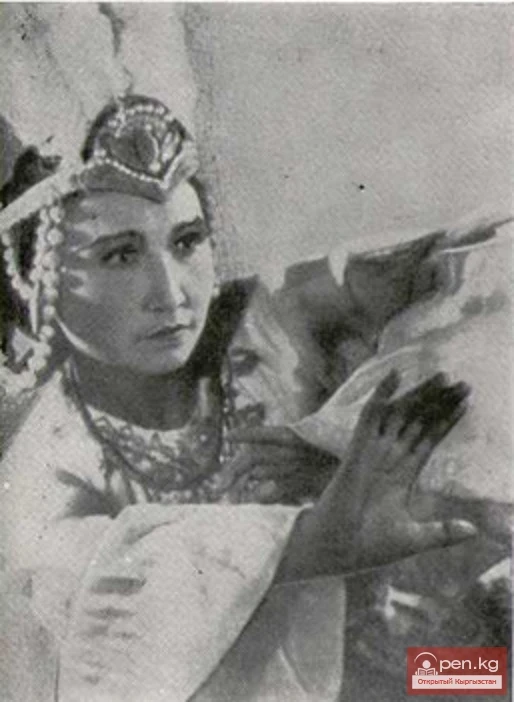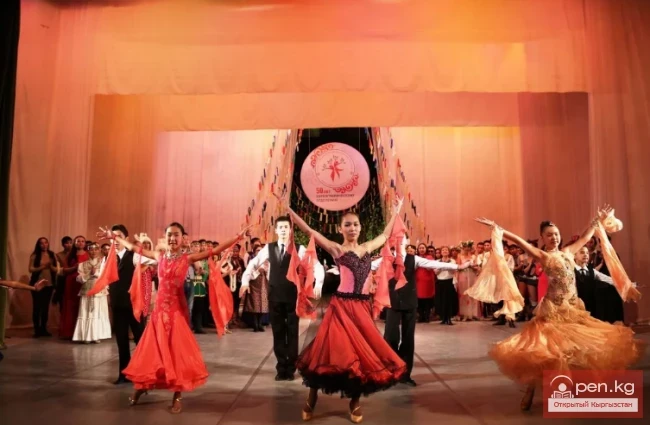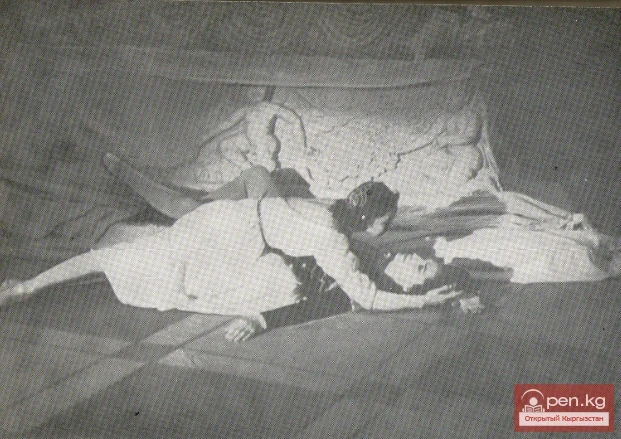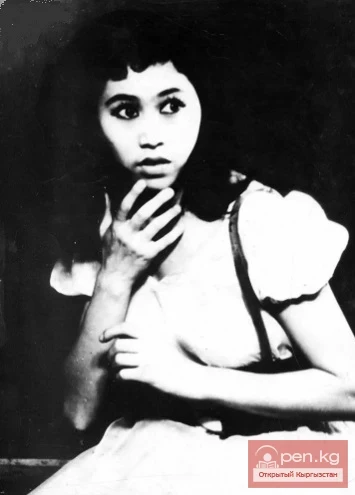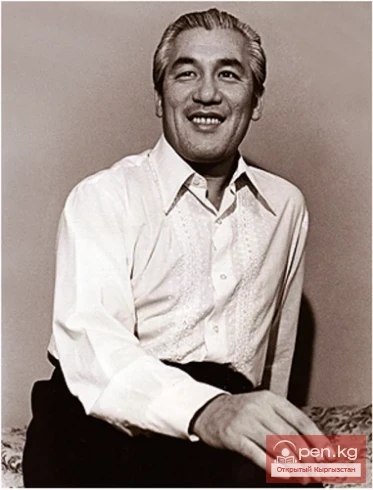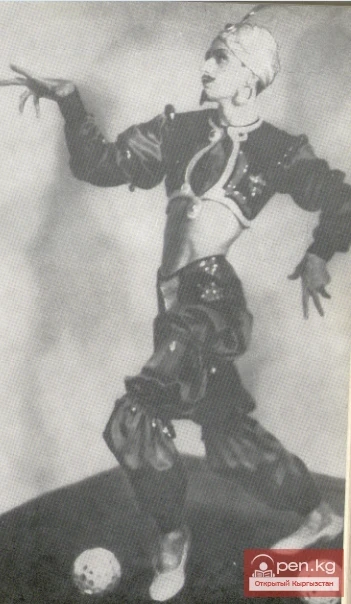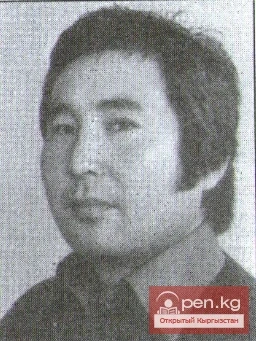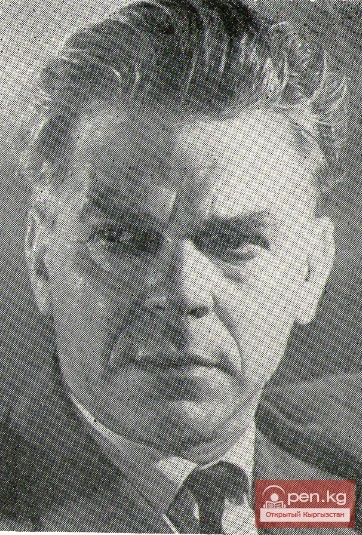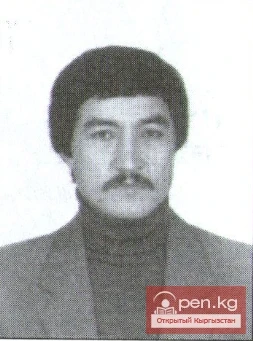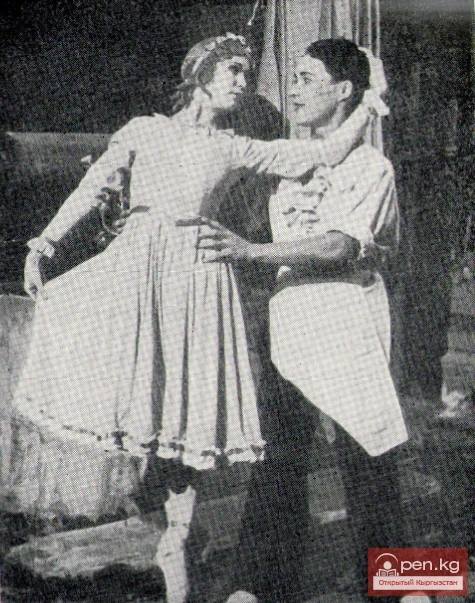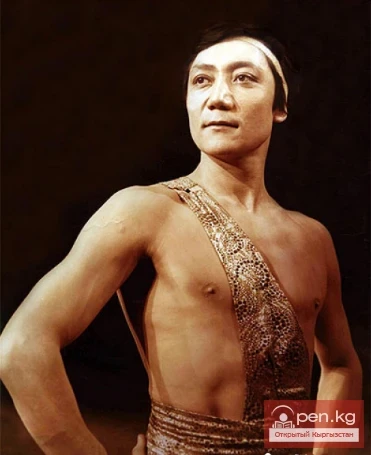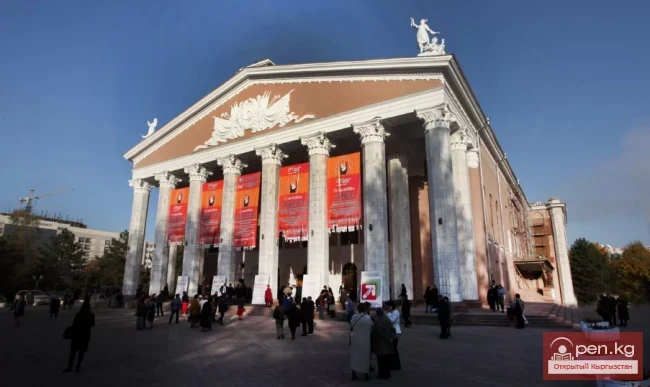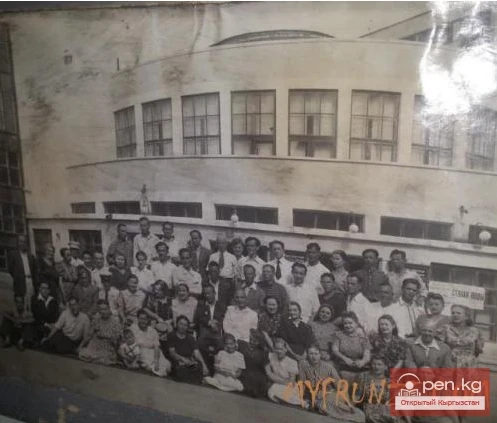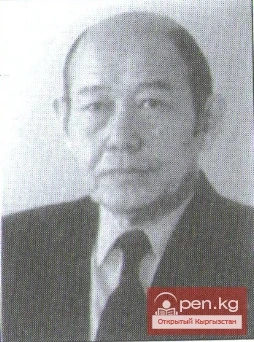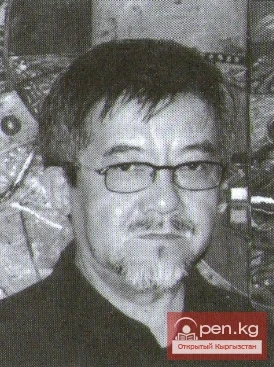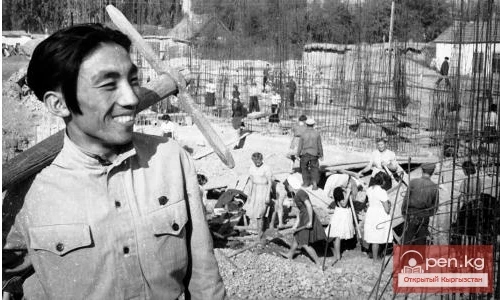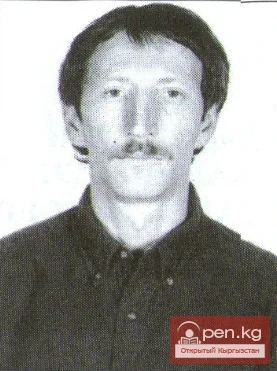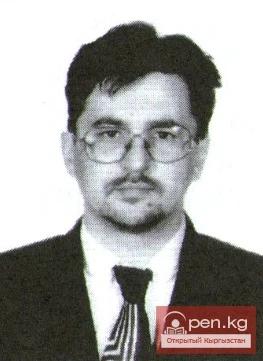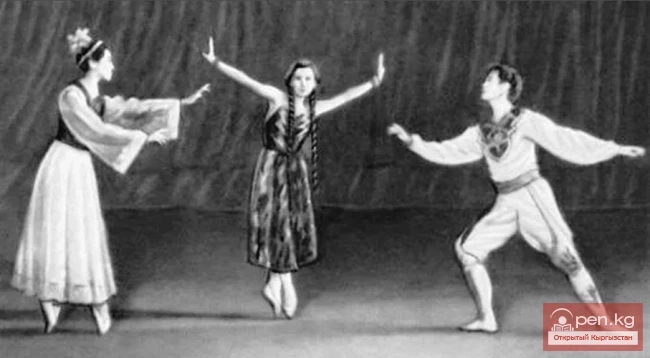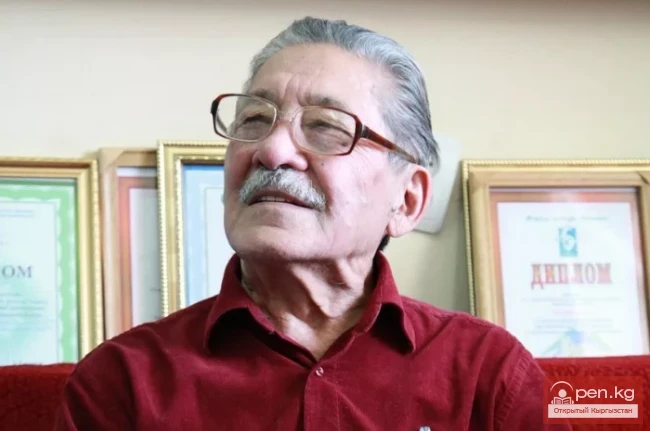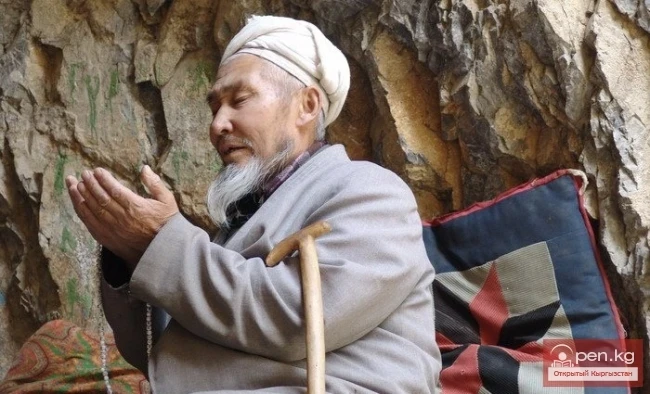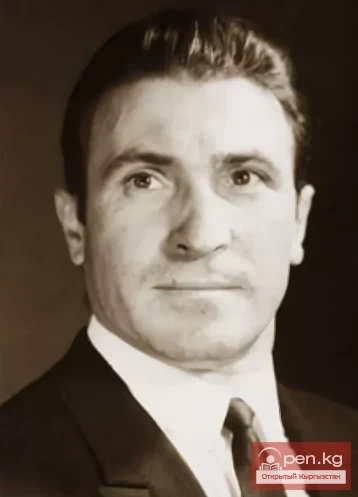
One of the Leading Soviet Artists of the Kyrgyz Ballet Theater B.V. Suslov
Boris Vasilyevich Suslov — one of the leading artists of the Kyrgyz Ballet Theater — was born in Kyrgyzstan and grew up in the village of Prokhladnoye in the Alamudun district. In his childhood, he harbored a boyish dream of "flying away" to distant lands — to see with his own eyes the vast world that lay far beyond the Kyrgyz mountains. Yet, Boris Suslov never left; his native land always drew him back.
As a child, Boris was no different from other boys — he played football, was passionate about cycling, and skated in winter. He had strong legs and was muscular and strong overall.
Boris dreamed of studying at a railway college, perhaps because roads always captivated his boyish imagination.
But everything turned out quite differently. One day, Boris met a friend who informed him that he was enrolling in a choreographic school. Boris didn’t even know what they taught there. He naively thought: choir means singing, choreographic means drawing.
His friend was so persistent that Boris went with him to the entrance exams. Unexpectedly for everyone, Boris performed better than the others on the exam task, and the teacher Kirill Anatolyevich Afanasyev immediately announced that he would take him into his class.
Thus, Boris Suslov entered the Frunze Choreographic School. At first, he found it quite difficult to study. Classes required not only physical strength but also grace in movement. The more diligently he studied, the more he liked his chosen profession. While in the third grade, Boris performed the lead role in R. Drigo's ballet "The Magic Flute," staged by the students of the school, and, as is often the case, he remembered his first role for life.
In 1948, the chief choreographer of the opera and ballet theater A. A. Zhukov singled out Boris Suslov among the students of the school and offered him to prepare the role of Vaclav in "The Fountain of Bakhchisarai." Boris was overwhelmed with shyness, but the trust placed in him gave him confidence. The debut of the young artist exceeded all expectations, and in 1950, even before graduating from the school, Boris Suslov was accepted into the theater troupe. Thus began his stage life.
In the same "Fountain of Bakhchisarai," B. Suslov had to play another role — Nurali, and then perform a pas de trois in "Swan Lake," but only the role of Siegfried does the young actor consider his first victory.
The peculiarity of Boris Suslov's work is that he does not rely entirely on his own intuition and creative imagination. He seeks answers to the questions that arise in books, referring to the stage history of ballets and their performers. This broadens his understanding of the work as a whole and the specific roles he is to embody on stage, helping him fully grasp the dramatic situation of "Swan Lake." His love for Odette was strong and deep, and his unexpected infatuation with Odile was explained only by her extraordinary resemblance to Odette. Therefore, Siegfried so passionately begged Odette to forgive him. The whirlwind of emotions that overtook him in the fourth act merged with the major, full of passionate pathos music. Unable to see a way to resolve the conflict, Siegfried cannot come to terms with the loss of the dear being and perishes along with Odette in the depths of the sea.
In this role, B. Suslov demonstrated a culture of dance that combined with inner warmth and excitement.
Perhaps, an important factor in the successful portrayal of the role was the circumstance that B. Suslov's partner was B. Beyshenalieva. The ballerina, with her charm, seemed to ignite the young artist and helped him perform his role with equal inspiration.
Ballet
